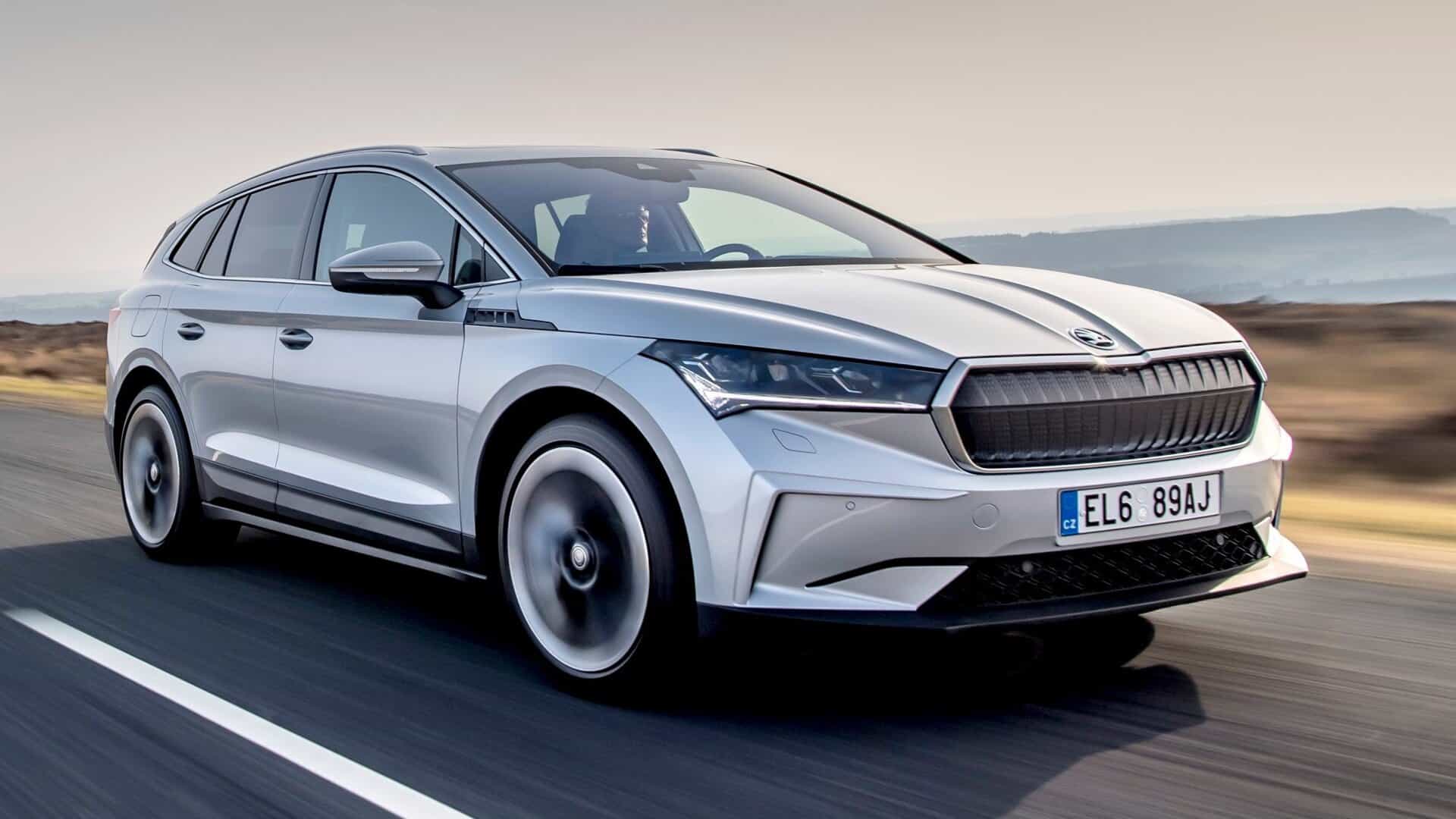Electric Vehicle
Skoda keen to manufacture electric cars in India
Skoda Auto plans to manufacture electric cars in India, but hopes to make the EV debut earlier through the imported route with the launch of SUV Enyaq. This comes in the wake of niche luxury carmakers having found success with EVs in India.
Thomas Schaefer, Skoda Auto global chairman, pointed out that electric mobility is a major focus area for the company globally and India through its policy incentives will also be a key market for green vehicles. In an interaction with Autocar India, Schaefer said Audi brought in the e-tron Sportback and e-tron GT, and they were immediately absorbed by the customers and ripped out of the company’s hands. “So obviously, there is a demand, and needless to say, you’ve got to look into that space going forward.”
Sources say Skoda is exploring the completely knocked down (CKD) route to launch the Enyaq iV at an estimated price of about Rs 35 lakh-40 lakh. The Czech automaker is looking for an early 2023 launch. However, experts believe India’s high customs duties would make the Enyaq iV prohibitively expensive. And the Indian government is not keen to reduce the duties on full imports.
The Enyaq iV is available globally with three battery capacities (ranging from 55-82kWh), rear or four-wheel drive (with power output of 148-265hp) and a 306hp RS performance variant. Depending on the version, driving range is a claimed 340-510km on a single charge. In India, Skoda could be offering the two-wheel drive version with the smaller battery options as it would help position the Enyaq iV more affordably in the market.
Schaefer told ToI that Skoda Auto Volkswagen India plans to have nearly 30% of its local portfolio run on electric powertrains by the end of this decade. The carmaker wants to have a greater engagement in India by having a deep-rooted local manufacturing set up. “If you don’t go into deep localization, it will never be feasible,” he said. Skoda Auto could indigenize right down to the cell factories.
Also Read: COVID-19 pandemic changed travel regulations and preferences: TravClan CEO
Schaefer agrees that localization is critical to ensure affordability. “While localization is important for a sustainable and critical sales mass, the government should initially allow companies to test-market global products by lowering import duty,” he said. “Electric cars can’t be penalized. If you believe that this is the future, then till the time until they are localized in India, you cannot penalize them with higher duty. Otherwise, you will stop the development and you stop the movement in the market, and you lose connection with the rest of the world.”
The executive pointed out that in Europe, particularly in Western Europe, EVs have found great acceptance. “For the Enyaq iV, in Europe, it has about 75,000 orders. We don’t know how to satisfy all this demand, which is fantastic.” Schaefer clarified that this is a natural demand, and was not driven by government incentives.








































